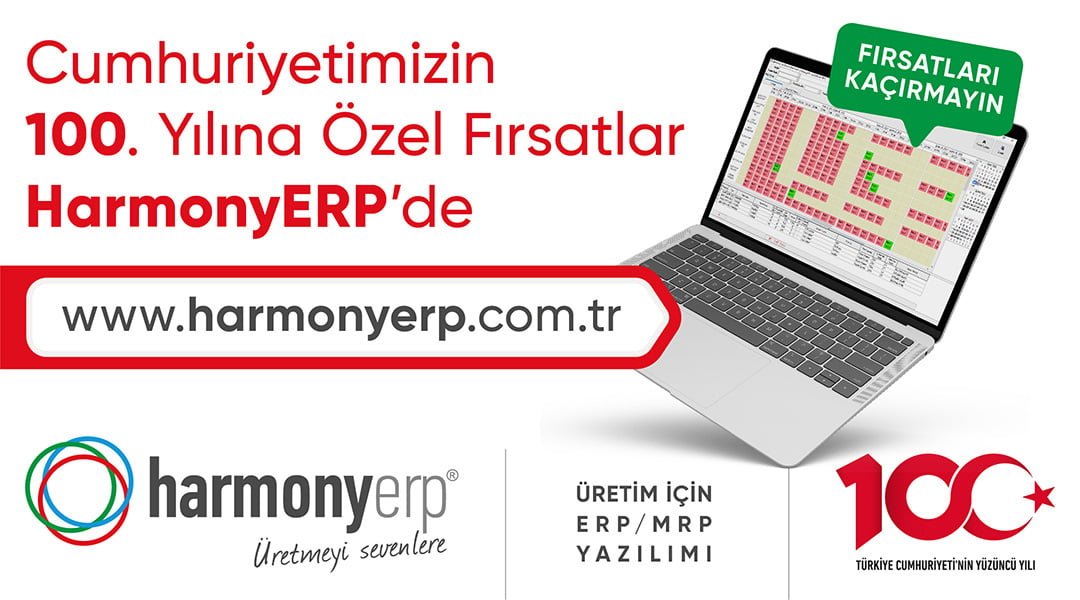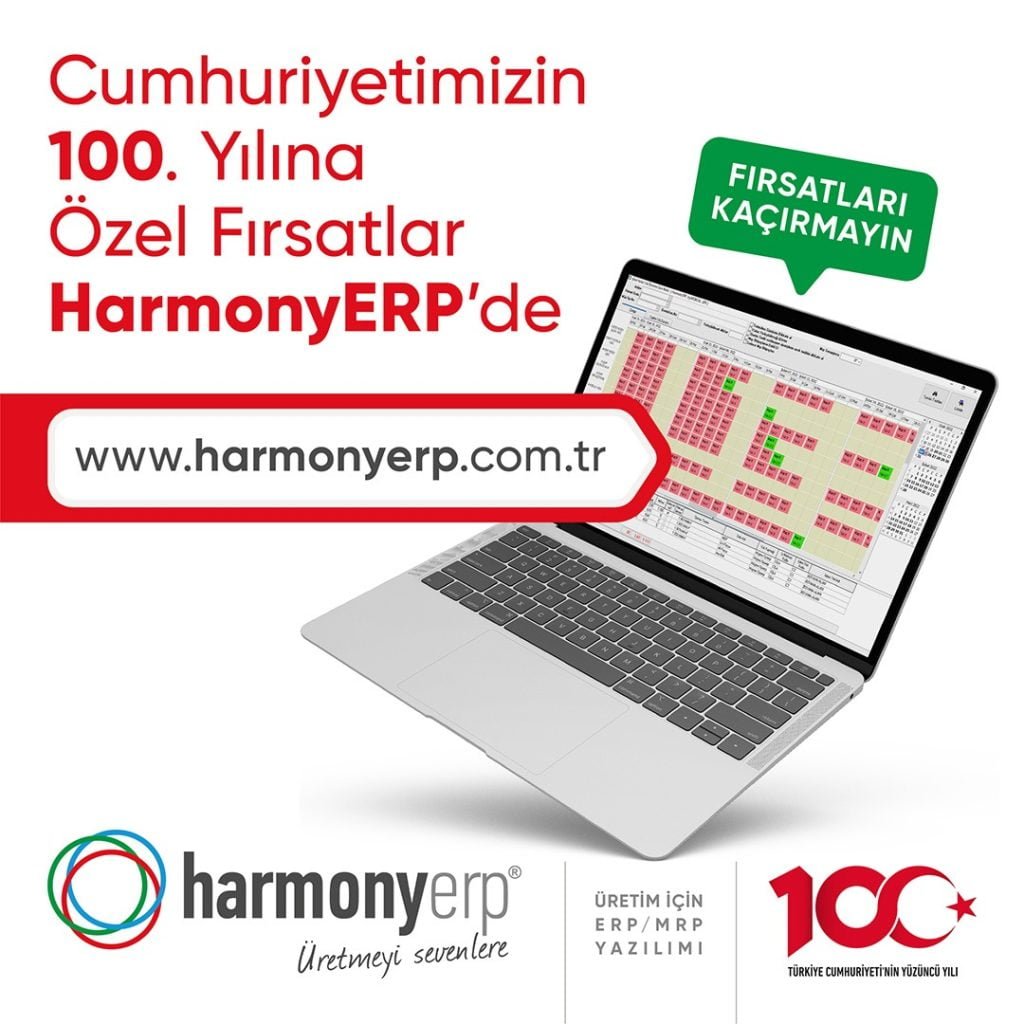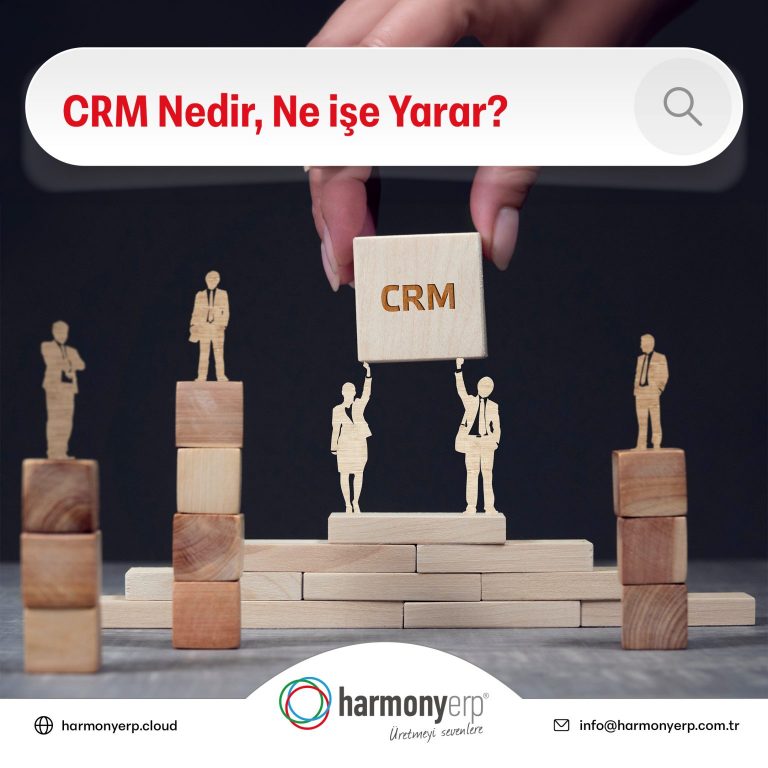What Are Simplified Taxation Professions? An Overview for Small Business Owners

In many countries, small-scale businesses and independent professionals are allowed to operate under simplified taxation regimes designed to reduce administrative burden and encourage entrepreneurship. In Turkey, this model is known as the “Basit Usul” or Simplified Taxation method.
This guide explains what simplified taxation is, which professions qualify for it, and how it benefits both entrepreneurs and tax authorities.
What Is Simplified Taxation?
Simplified taxation is a special tax scheme aimed at micro and small businesses with limited revenue, minimal assets, and low overhead. It reduces paperwork and eliminates complex bookkeeping requirements.
Under this system, eligible professionals:
- Pay tax only on their net earnings
- Are exempt from VAT (Value Added Tax)
- Do not have to maintain double-entry accounting
- Submit fewer financial statements annually
This framework is especially helpful for tradespeople, artisans, and service providers who work independently or in small teams.
Key Eligibility Criteria
To operate under a simplified taxation scheme, businesses usually need to meet the following conditions (varies by country):
- Annual turnover below a government-specified threshold
- No operation in large-scale commercial premises
- No partnership with large or VAT-liable entities
- Revenue derived from local and small-scale services or trade
- No franchise or intellectual property-based income
Failure to comply with any of these rules may result in removal from the scheme and retroactive taxation.
Common Professions Under Simplified Taxation
Professions commonly accepted in simplified tax systems include:
- Tailors, barbers, shoemakers
- Electricians, plumbers, repair technicians
- Street vendors and market traders
- Taxi drivers and individual transport providers
- Freelance artists, photographers
- Traditional craftsmen (e.g., carpenters, blacksmiths)
- Home-based food producers
These individuals typically operate with limited staff and serve a local customer base, making them ideal candidates for this scheme.
Advantages of Simplified Taxation
- Lower Tax Liability: Tax is calculated based on net income or fixed presumptive rates
- Administrative Ease: Fewer forms, no detailed accounting needed
- Encourages Entrepreneurship: Lowers entry barriers for small businesses
- Government Oversight: Provides a controlled way for states to formalize informal labor
It also reduces audit risk and simplifies compliance for both taxpayers and authorities.
How Can ERP Systems Help?
While simplified taxation reduces the need for advanced bookkeeping, professionals still need to:
- Track income and expenses accurately
- Generate receipts and declarations
- Monitor thresholds to avoid ineligibility
- Maintain basic financial documentation
Even for small operations, a lightweight accounting solution can help manage these tasks efficiently and support smooth growth into standard tax models as the business scales.







